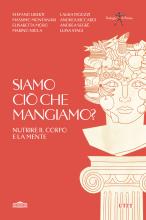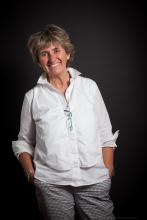Culture and school: synonyms or antonyms?
€ 3.00Everything is considered culture nowadays, knowledge just as much as experience, reading books and making wine, frequenting libraries and visiting chocolate fairs. Maybe the word culture simply cannot be defined. But, strangely enough, a very specific and strong idea does survive, given that the expression a “cultured person” still means something today. What? Is a cultured person someone able to think, who has experience in a given field or knows who Torquato Accetto was? Is it someone who attends literature festivals or the person who stays at home reading Lévi-Strauss, Musil and Proust? And today, do schools aim to form “cultured people”? If you look at the words used to describe the “new” school system, the aim seems to be something different: educational processes, plans for digital schools, certification of skills, school-work alternation, citizenship, inclusion, openness to the territory, innovation... do words like these have anything to do with an idea of “culture”? Which one? What do we want to save or throw away, and in the name of what kind of modernity?
Video
Mastrocola was born in 1956 in Turin, where she taught Humanities in high schools until 2015. She has written comedies for children and published collections of poems, essays on 14th and 16th century Italian literature, and novels. Her works include: La gallina volante, (Guanda, 2000, Calvino Award for unpublished authors 1999, Selezione Campiello Award 2000, Rapallo-Carige Award 2001); Palline di pane, (Guanda, 2001, finalist for the Strega Prize 2001); Una barca nel bosco (Guanda, 2004, Campiello Award 2004); and Che animale sei? (Guanda, 2005). Her more recent publications include Non so niente di te (Einaudi 2013); L’esercito delle cose inutili (Einaudi, 2015); L’anno che non caddero le foglie (Guanda, 2016); and L’amore prima di noi (Einaudi, 2016). She has also written pamphlets on the school system and education generally: La scuola raccontata al mio cane (Guanda, 2004), Togliamo il disturbo. Saggio sulla libertà di non studiare (Guanda, 2011) and La passione ribelle (Laterza, 2015).
Paola Mastrocola & i Dialoghi
2017
Il programma sarà disponibile a breve...
Il programma sarà disponibile a breve...



